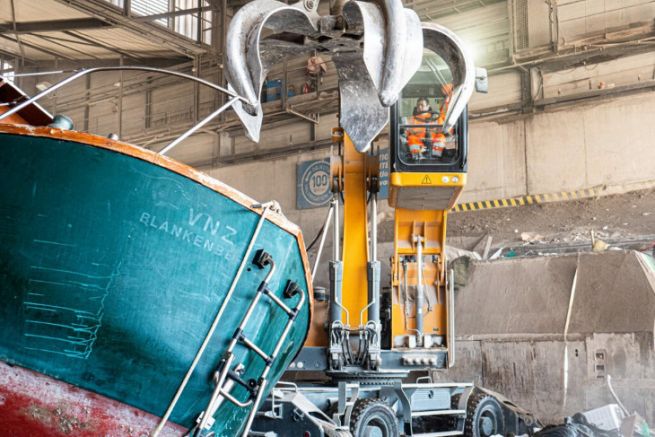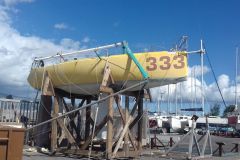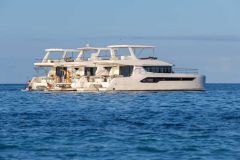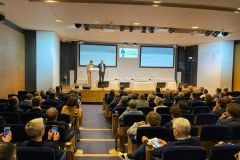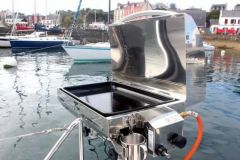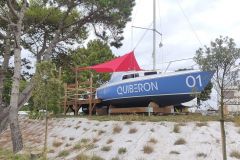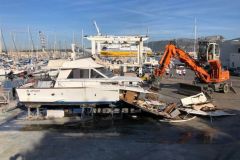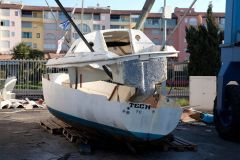300 boats in 2 years
Already active in the pleasure boating sector before the implementation of the extended producer responsibility system, Sclavo Environnement has been approved by the Association for Eco Responsible Yachting or APER for 2 years. The company is active in the Var and Alpes-Maritimes areas. Jimmy Humphreys, in charge of the company's communication, details the results of this first period. "We deconstructed about 300 boats over the period. Most of them are less than 8 meters long. To respond, we have set up a dedicated sales team. We receive the file processed by APER and we make an additional estimate of service for the transport to those who wish it. Our partner YGDS assists us with the refloating and transport of large vessels."
Although the cost of raw materials is changing, the impact on waste recovery companies is small, as the impact is felt both on the purchase and sale side. The balance sheet remains balanced.

A site designed for boats
Anticipating an increase in the number of boats to be treated, Sclavo Environnement has invested in a new dedicated facility near its Fréjus installations. Delivered in spring 2022, it should be fully operational by the end of 2022.
Jimmy Humphreys recalls the process: "The deconstruction time is 1 to 2 hours maximum. A team takes care of the decontamination and hazardous products, then we dismantle what can be recovered or sent to EPR channels, such as electronics or electrical equipment. A clamp then proceeds to scrapping and the waste becomes solid recovered fuel."
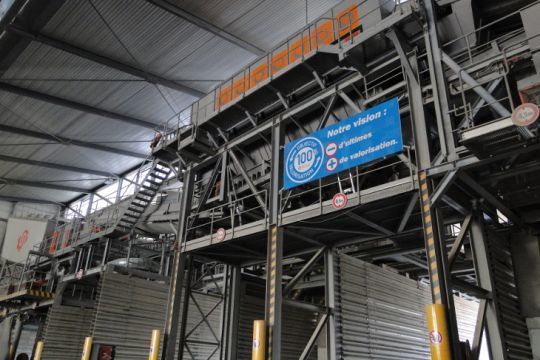
Valorize the fittings and equipment
In an environmental and ultimately economic logic, Sclavo has chosen to insist on material dismantling, rather than simply reselling at the price of the material. A long-term approach that Jimmy Humphreys explains in conclusion: "We made the choice to hire someone with experience in boating to know what was worth dismantling, especially in the fittings. We are creating a stock with the aim of being able to resell it in the long term, for the moment to people who contact us, in the future perhaps in e-commerce. We also have a partnership with artists for reuse, for example of fenders transformed into lighting."

